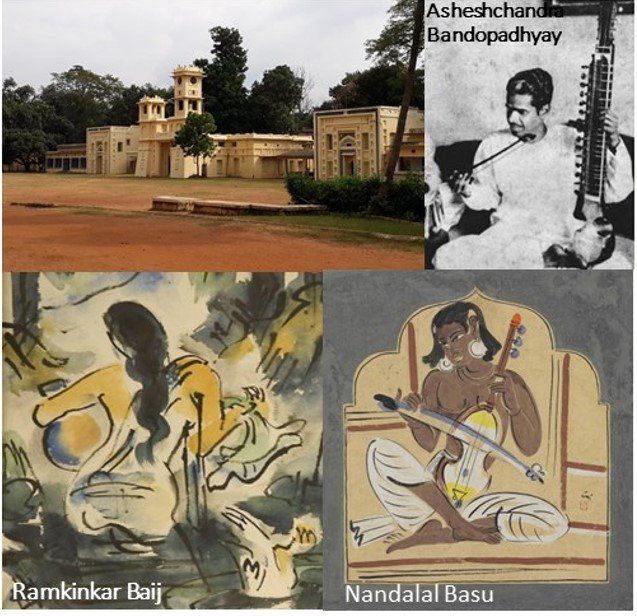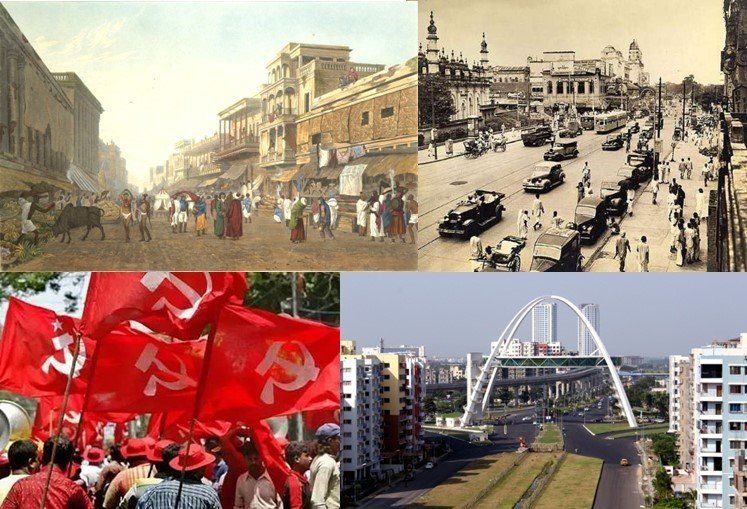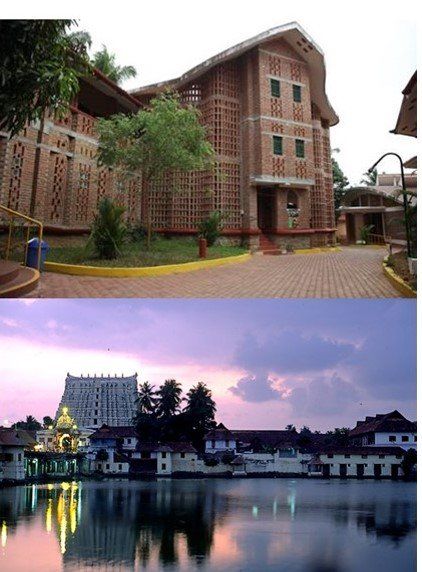Santiniketan – made me human
I grew up in Santiniketan in eastern India, the "ashram" founded by Debendranath Tagore (1817-1905), father of the poet, writer, composer Rabindranath (1861-1941). From a place of meditation, Santiniketan evolved into a school and a university. Inspired by the poet, it started to embody the spirit of the Bengali renaissance, a movement to refresh modern India's links with classical Indian music, art, and literature. Great musicians and great artists were around us as I grew up, and were the air we breathed.
Rabindranath Tagore added to this ideal an internationalism. "Knowledge has no borders" - this is the motto of the university that was started there. My father Satyendranath Roy (1918-2003), a Tagore Professor in Santiniketan and one of the greatest literary critics in Bengali, also wrote about the ideals of 19th c. Bengali cultural revival.

Calcutta – shaped my outlook
The premier city of eastern India, Calcutta was set up by the East India Company, and was an international city until 1940, thanks to its cosmopolitan business heritage (see 1819 painting and the 1930s photo at right).
It lost its international character first in business and then in culture during a communist upsurge in the 1970s and 1980s and ended up as the provincial backwater now known as Kolkata.
Santiniketan maintained contact with the world at large. Growing up here made me allergic to a distasteful side of Bengali modernity : the arrogance and short-sightedness with which the communists, with a fetish for the village, set out to first destroy Calcutta's capitalist heritage, and then to mould the intellectual and cultural life of Bengal - a great deal of it contribution of Santiniketan - into a politically correct image.

Trivandrum – made me a scholar
My move into history happened in the Centre for Development Studies. A left-leaning institution, CDS in my time valued original thought, wide reading, history as a way to understand the present, and democracy between teachers and students. All of these values helped me grow.
CDS taught me that history is telling a new story credibly. Credible is that story which trusts its sources .. unless contradicted by other sources. This is a useful lesson to do Indian history, because what often poses as history comes pre-loaded with political sentiment. Doing the history of India is an enterprise to free the past from political narratives. Evidence is key, the only key.
